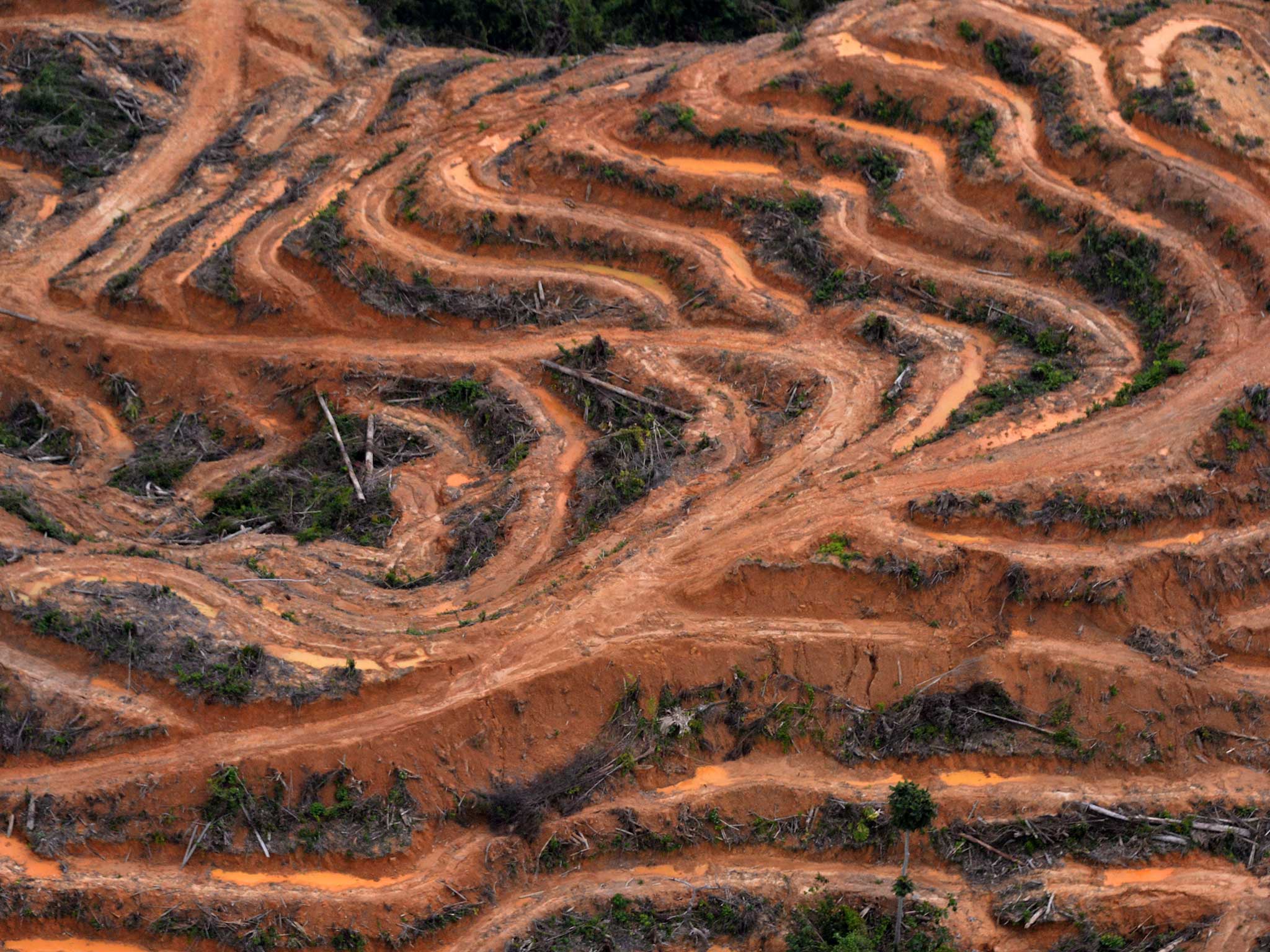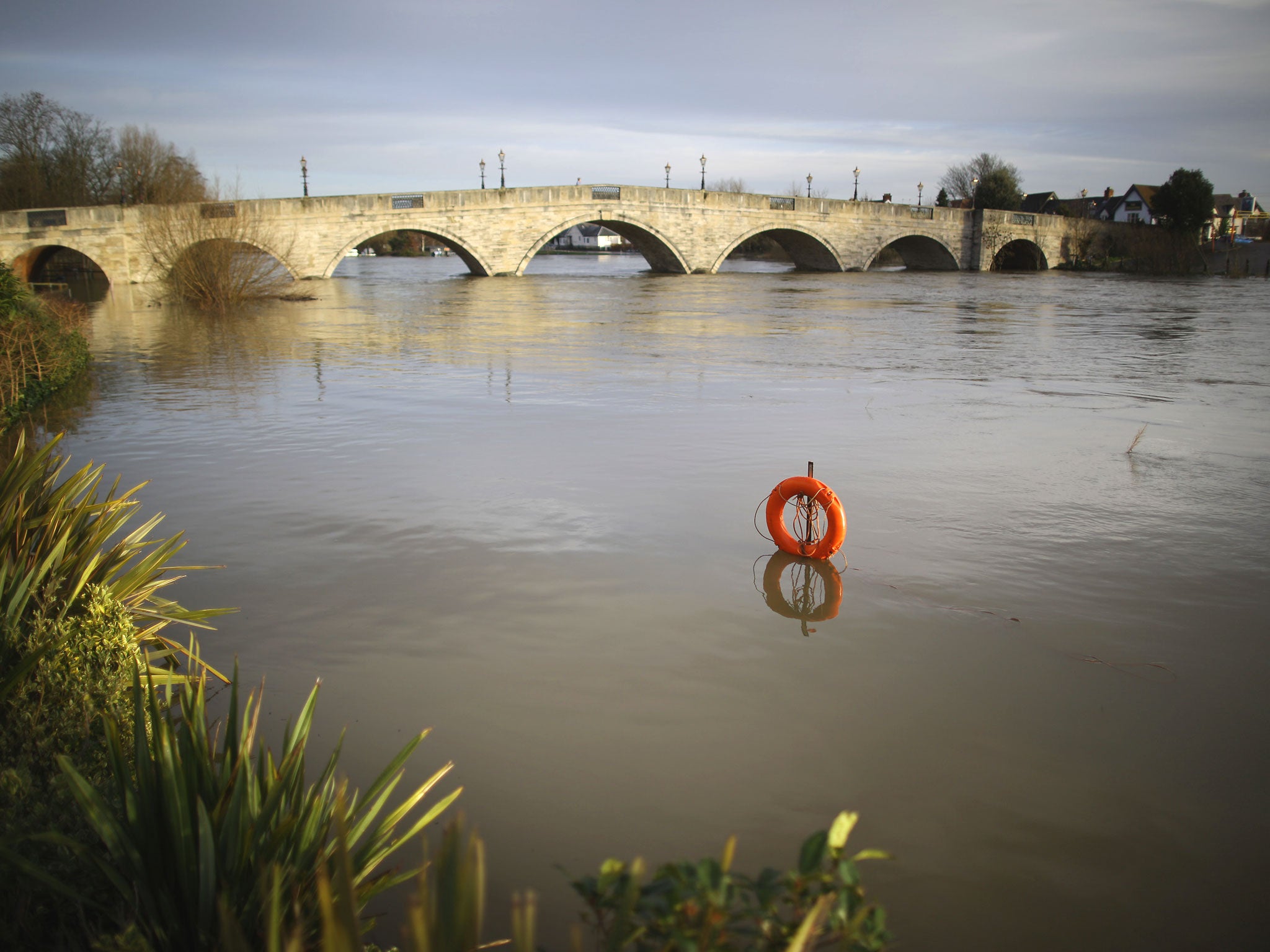Deforestation in the Amazon will cause precipitation in Britain
"Trees are not only the ‘lungs’ of the world, but its ‘sweat glands’, too"

Your support helps us to tell the story
From reproductive rights to climate change to Big Tech, The Independent is on the ground when the story is developing. Whether it's investigating the financials of Elon Musk's pro-Trump PAC or producing our latest documentary, 'The A Word', which shines a light on the American women fighting for reproductive rights, we know how important it is to parse out the facts from the messaging.
At such a critical moment in US history, we need reporters on the ground. Your donation allows us to keep sending journalists to speak to both sides of the story.
The Independent is trusted by Americans across the entire political spectrum. And unlike many other quality news outlets, we choose not to lock Americans out of our reporting and analysis with paywalls. We believe quality journalism should be available to everyone, paid for by those who can afford it.
Your support makes all the difference.Britain’s wet weather could be made worse by deforestation in the Amazon, according to a new report into the effect of the loss of vast tracts of rainforest on the world’s climate.
It has long been known that the loss of rainforest accelerates global warming because trees suck carbon dioxide out of the atmosphere and turn it into oxygen – and when they are felled, the stored carbon is released.
Now new research from the University of Virginia argues that trees are not only the “lungs” of the world, but its “sweat glands”, too. As such, they play a huge role in controlling temperatures and rainfall by sucking moisture out of the soil through their roots and releasing it into the atmosphere through their leaves, cooling the surrounding air in the process.
The felling of rainforests threatens to transform weather patterns as the air warms in the tree’s absence, the report warns.

“Tropical deforestation delivers a double whammy to the climate – and to farmers. It turns out that removing forests alters moisture and air flow – leading to changes – from fluctuating rainfall patterns to rises in temperatures – that are just as hazardous [as carbon emissions], and happen right away,” said Professor Deborah Lawrence, the report’s author. Deforestation is likely to reduce rainfall in many parts of the world, while increasing it in others, and it will push up the global mean temperature considerably.
“The impacts go way beyond the tropics – the United Kingdom and Hawaii could see an increase in rainfall, while the US Midwest and Southern France could see a decline,” said Professor Lawrence, of the University of Virginia. The scale of any increase in rain is unclear, but the rise would be more pronounced in winter, she said.
Professor Lawrence likens the changes that are occurring to the behaviour of a kitchen stove. “Steam rises off a pot of boiling water, hitting the ceiling in your kitchen. Then, the steam starts flowing outward, along the ceiling, out the door and into your hallway. In a similar way, warm air rises in the tropics, eventually bumping into something like a ceiling, and moves north or south. As these atmospheric changes ripple out, they alter the climate,” she says.
The report claims evidence of tropical deforestation is already affecting local and regional climates. Meteorological data, for example, shows that in Thailand, the beginning of the dry season is experiencing less rainfall. In deforested regions of the Amazon, the wet season is being delayed by two weeks, while the forested regions are seeing the same rainfall patterns as before.
Join our commenting forum
Join thought-provoking conversations, follow other Independent readers and see their replies
Comments